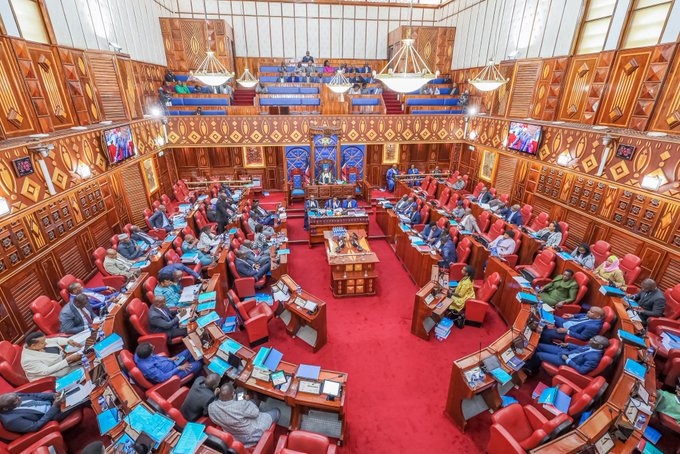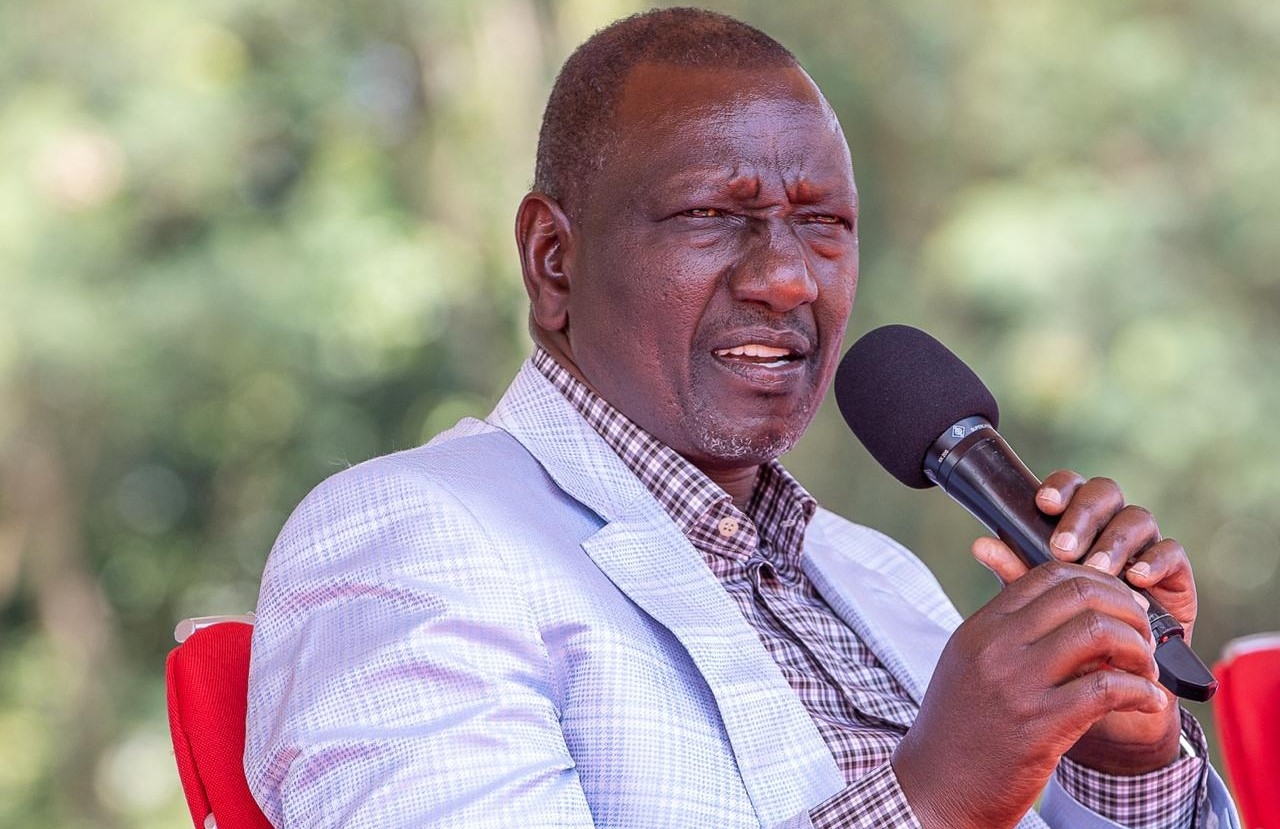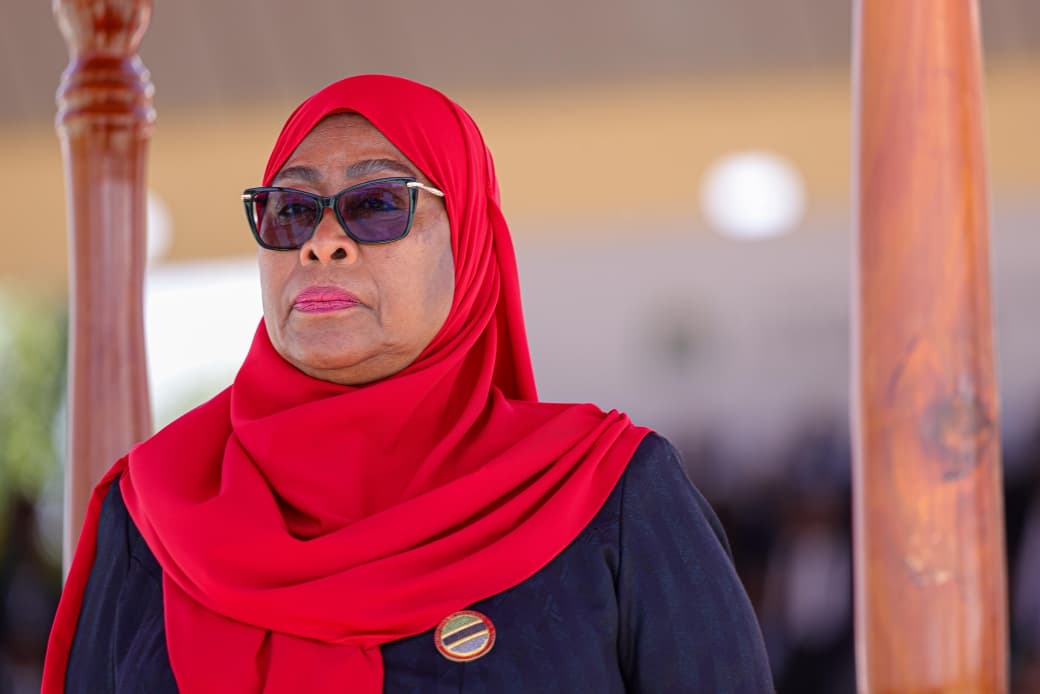The German Embassy to Kenya has said that travellers to Germany who possess Schengen visas will continue to enjoy free movement in the country.
A Schengen visa is an entry permit for non-EU nationals to make a short, temporary visit of up to 90 days in any 180 days to a country in the Schengen area.
The Embassy clarified earlier reports indicating that Germany is suspending the Schengen visa.
They, however, said that Germany has introduced temporary border controls.
This, they said will aid in controlling the rising numbers of irregular entries to the country.
In a statement on X, the German Embassy to Kenya said travellers who have Schengen visas will move freely.
"In accordance with European law has introduced temporary border controls to address rising numbers of irregular entries into Germany. Germany remains committed to the integrity of the Schengen area. Travellers to Germany with a Schengen Visa continue to enjoy free movement," the statement reads.
Earlier reports had indicated Middle Easterners and Africans will not be allowed into Germany even if they have a visa.
This comes after Kenya and Germany signed the Comprehensive Agreement on Sharing of Labour, Talent and Mobility in Berlin on Saturday.
Under the deal, Germany agreed to open the doors to skilled and semi-skilled Kenyan workers in a controlled and targeted labour migration deal.
Germany agreed to ease some of its immigration laws to enable Kenyans to find employment in Europe's biggest economy.
The agreement will also ease the repatriation of Kenyans who are in Germany without legal documentation.
Authorities in Berlin will also consider extending temporary residence permits for Kenyan workers who have secured an approved job.
Kenyans will also be issued with long-term visas to study or do vocational training in Germany.
This comes after President William Ruto's two-day tour in Germany.
Ruto highlighted Kenya’s willingness to share its labour workforce and human capital while stressing that Kenya’s workforce will not be exploited.
The two countries agreed to promote the fair mobility of skilled workers, students and apprentices.
Kenya and Germany have agreed to collaborate on skills development and training.
Kenya and Germany also agreed to combat forced labour, and human trafficking and facilitate the safe return of nationals of either party residing in the territory of the other, who do not, or no longer, fulfil the conditions for entry into the territory of the other.






![[PHOTOS] Uhuru leads Jubilee grassroots meeting in Murang’a](/_next/image?url=https%3A%2F%2Fcdn.radioafrica.digital%2Fimage%2F2025%2F11%2F0b2a49cd-52fb-4a92-b9dc-26e253825a4a.jpeg&w=3840&q=100)










